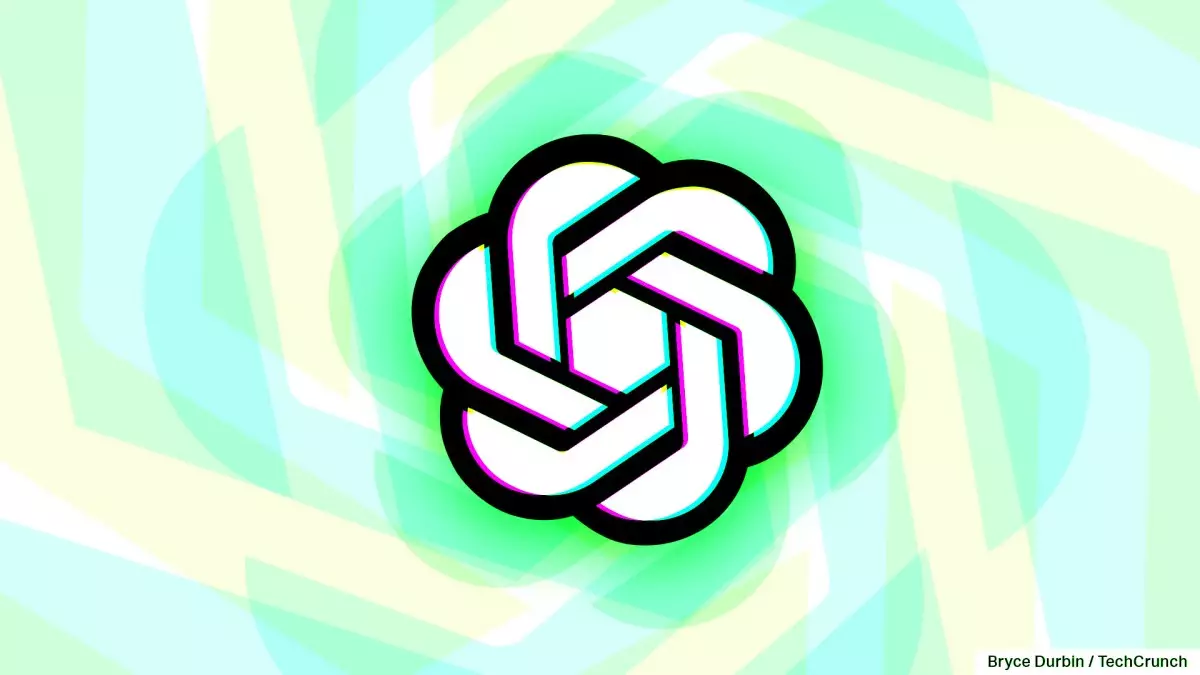OpenAI has recently introduced an exciting update to its popular AI assistant, ChatGPT, providing paying users with the ability to schedule reminders and set recurring tasks. This new feature, known as “tasks,” is currently in beta and has begun to roll out to Plus, Team, and Pro subscribers across the globe. By examining this enhancement, we can better understand its implications for productivity, the evolution of AI assistants, and the future of AI agency.
The introduction of the tasks feature transforms the way users interact with ChatGPT, making it more functional for everyday life. Users can simply request, “Remind me when my passport expires in six months,” and receive a timely push notification through the platform they’ve chosen. This capability is the kind of practicality individuals have come to expect from digital assistants such as Siri or Alexa. However, ChatGPT distinguishes itself by offering users the ability to set recurring inquiries, such as weekly plans or daily news briefings based on personalized criteria. This functionality not only showcases the advanced capabilities of ChatGPT but also signals an evolution in how AI can serve as a more proactive tool, anticipating users’ needs rather than merely reacting to queries.
OpenAI’s rollout of the tasks feature hints at a broader vision for AI systems that can operate with a degree of autonomy, often referred to as AI agents. According to OpenAI CEO Sam Altman, 2025 is poised to be a pivotal year for the integration of these AI agents into the workforce. While the current tasks feature serves as a limited introduction to such systems, it lays a foundation for future advancements where AI might interact with users and the environment more fluidly.
For instance, while users currently cannot instruct ChatGPT to conduct real-time searches or make purchases on their behalf, the idea that ChatGPT can review web content according to a planned schedule suggests future capabilities that could extend far beyond reminders and simple inquiries. Furthermore, OpenAI is actively learning from this beta phase, aiming to refine the tasks feature for potential release on other platforms, including mobile applications.
Despite its enhanced capabilities, ChatGPT’s new tasks feature raises important questions about the state of AI technology and its limitations. Although the idea of advanced agentic systems sparks interest, ChatGPT still faces hurdles in executing relatively simple tasks like setting timers or managing reminders. This reflects a broader pattern among developers at OpenAI and other tech companies, who continually navigate the complexities of creating AI that can perform seamlessly in real-world applications.
The inability of ChatGPT to act within real-time constraints—like notifying users as soon as concert tickets become available—highlights the need for careful design in AI systems. While the tasks feature is indeed a step forward, it also shows that many everyday functions we take for granted remain a challenge for AI.
Looking forward, the landscape for AI assistants is rife with potential and promise as OpenAI prepares to introduce more sophisticated systems. Reports have indicated the development of an AI agent known as “Operator,” capable of writing code and booking travel, expected to debut soon. However, with such advancements also come challenges in management and ethical considerations.
As AI systems become more independent and integrated into various facets of life, the safeguards necessitated to prevent misuse will be tested. OpenAI has initiated its beta testing period for the tasks feature to closely monitor user interactions and usage patterns, seeking insights that will inform the development of future features. However, the rollout of more advanced agentic systems will require a conscious effort to address the associated risks, ensuring that innovation does not outpace safety.
ChatGPT’s recently launched tasks feature represents a significant pivot towards a more integrated and functional AI assistant. While the current features reflect the foundational capabilities of an autonomous AI system, the future holds immense potential for improving user experience through intelligent automation. As OpenAI navigates this transition, prioritizing user safety and performance will be crucial in establishing trust and advancing the role of AI in our daily lives.

